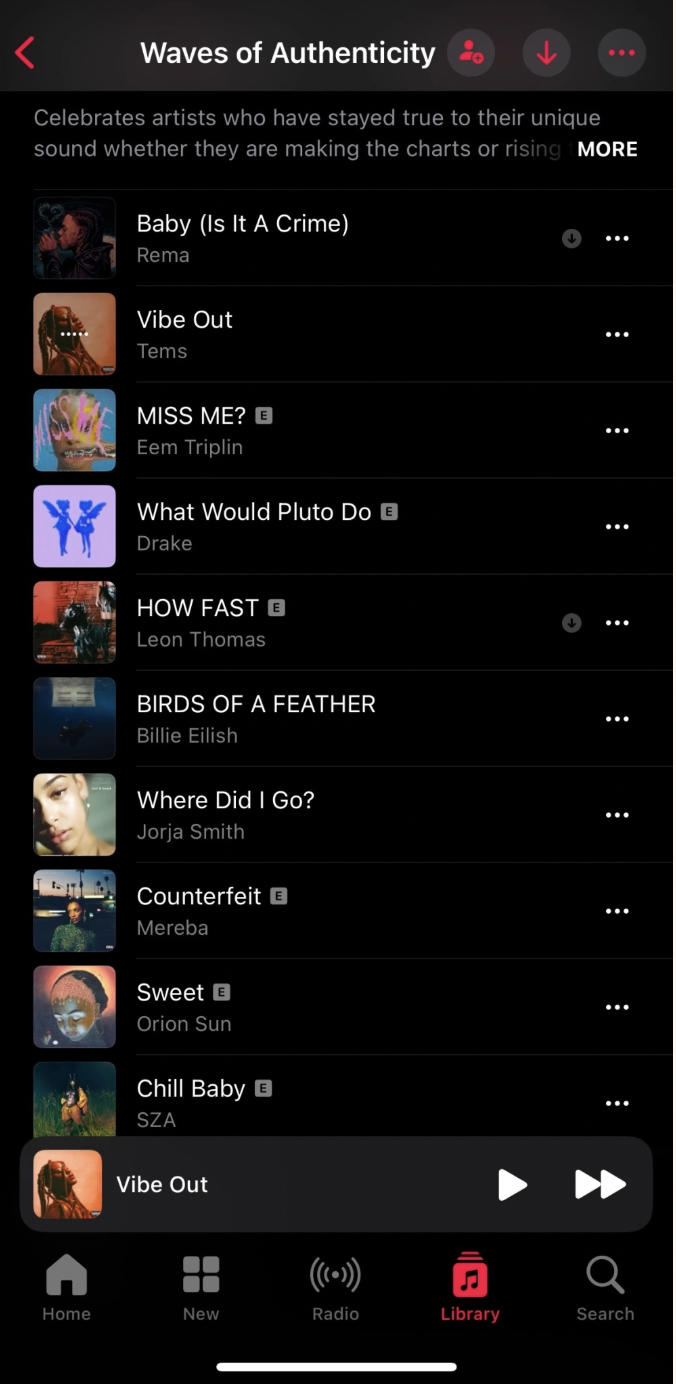Mainstream ≠ Sellout: Truth About Success & Mass Appeal
Challenges the myth that mainstream success sacrifices authenticity. It reveals how genuine integrity can coexist with mass appeal
Mainstream ≠ bad
There’s this narrative that if an artist starts to become really popular they have ultimately “sold out”. One day an independent artist can be underground and have a supportive fan base, just to lose that same fan base and hear piercing words such as “inauthentic” or “sell out”. Or even better, people love to claim that mainstream music is “basic” or roll their eyes when you name a mainstream artist in your top 5. What’s with the idea that if an artist becomes too popular and appeals to the masses then they start lacking artistry and depth? Mainstream and individuality can coexist. When did we start rooting for our favorite artists to fail?
Stigma about mainstream success
A lot of criticism stems from the thought of when an artist reaches the mass then they lose their soul and authenticity. Some people view mainstream artists as formulaic and generic. While labels do tend to have more control of what they want their artist to produce doesn’t mean those artists are bots or manufactured products.
There are some artists that manage to keep their authentic vibe and remain virtuous when they blow up. For example, Tems began with a soulful, introspective sound that a small group of fans clung to. Now she’s pretty mainstream and can be classified as a global star, especially after just receiving her 2nd grammy. But she’s still the same artist.
Billie Eilish is another case in point; she made a smooth move from an alternative independent artist to a literal pop star while holding onto her melancholy vibe.
And of course there’s Drake. People love to clown him for being “everywhere,” but there’s a reason his music sneaks onto end of the year recaps even for listeners who claim they don’t actively seek him out. Him being a chameleon and efficient at adapting to different styles has kept him at the top of the charts, all while remaining progressive and true to his core sound.
Music snobbery & the problem with gatekeeping
A music snob is a person who thinks they have superior music taste than everyone else and more knowledge about a genre. Music snobs are the reason why elitism sneaks its way into musical conversations and “who’s your top 5” turns into musical squabbles. Then we have the “discoverers”, who take pride in identifying artists before they achieve widespread recognition. I’ll admit, I’ve been guilty too.
I remember back in high school, I went back to Atlanta to visit my family for the holidays, my cousins put me on to 21 Savage. I swore I was ahead of the curve. When I got back to boarding school, I blasted his music in my headphones, determined to put everyone on. But as soon as he gained mainstream success, I noticed the shift—fans who once praised him started saying, “His old music was way better” or “He’s too industry now.” But here’s the real question: has the quality of the music truly declined, or is it merely that individuals dislike sharing their favorite artists with the world?
This form of gatekeeping in music stems from a sense of possessiveness. In reality, it’s just a desire to keep an artist in a select few rather than letting them reach a larger audience and enjoy their work. It’s almost as if fans get more satisfaction from an artist being relatively unknown than from the music itself. Of course, it’s perfectly fine to have your own personal favorites, but it shouldn’t mean putting down an artist’s success. Appreciating mainstream music or an artist does not imply a lack of depth, just as enjoying underground music does not equate to expertise in music.
At the end of the day
It’s not a secret that the music industry prioritizes marketability, which can sometimes come at the expense of creative integrity. But that also doesn’t mean all popular artists compromise their craft for a check. Numerous artists successfully navigate the balance between artistic expression and commercial success like Beyoncé, Kendrick Lamar, and Frank Ocean. They all (except Frank Ocean, unfortunately because he’s unofficially retired) dominate the charts while maintaining depth and originality. Even Billie Eilish and Tems demonstrate mainstream success can coexist with authentic musical expression.
At the end of the day, music is subjective. Good music is good music, whether it’s on a niche SoundCloud page, curated spotify playlist, or blasting from a sold-out concert. Rather than dismissing an artist or song the moment they blow up and are liked by the masses, why not appreciate their growth? After all, isn’t that what success is supposed to look like?


